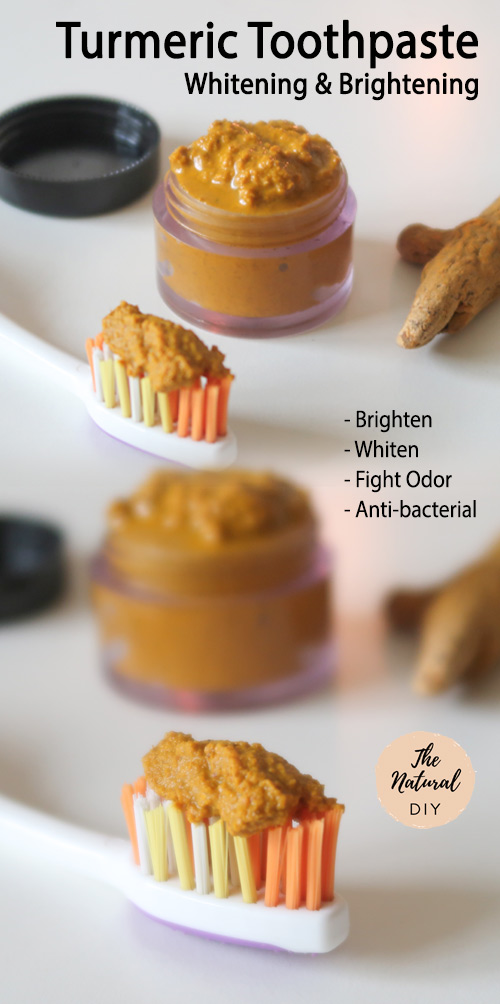Jaw Pain After Dental Filling: Quick Relief Solutions

The discomfort of jaw pain after a dental filling can be a frustrating and unexpected consequence of an otherwise routine procedure. While it’s not uncommon for patients to experience some level of sensitivity or discomfort following a filling, persistent jaw pain can be a source of concern. In this comprehensive guide, we’ll delve into the potential causes of jaw pain after a dental filling and explore the most effective quick relief solutions to alleviate your discomfort.
Understanding the Causes of Jaw Pain After a Dental Filling
Before we dive into the solutions, it’s essential to understand the underlying reasons for jaw pain after a dental filling. Several factors can contribute to this discomfort, including:
- High Filling: If the filling is too high, it can cause your bite to be uneven, leading to strain on the jaw joint (TMJ) and the surrounding muscles.
- Tooth Decay or Trauma: The process of removing decayed tooth material or repairing a damaged tooth can sometimes cause irritation to the nerves, leading to pain that radiates to the jaw.
- Filler Material: Although rare, some patients might have a sensitivity or allergic reaction to the materials used in the filling, such as amalgam or composite resin.
- TMJ Dysfunction: Pre-existing issues with the temporomandibular joint can exacerbate pain after dental procedures, including fillings.
Quick Relief Solutions for Jaw Pain After a Dental Filling
Fortunately, there are several strategies you can employ to find quick relief from jaw pain after a dental filling. Here are some of the most effective methods:
1. Cold Compress
Applying a cold compress to the outside of your cheek near the affected area can help reduce swelling and ease pain. Wrap an ice pack or a bag of frozen peas in a cloth to avoid direct contact with your skin, and apply it for 15-20 minutes at a time, with breaks in between.
2. Over-the-Counter Pain Relievers
Nonsteroidal anti-inflammatory drugs (NSAIDs) like ibuprofen or naproxen can help reduce pain and inflammation. However, always follow the recommended dosage and consult with your dentist or physician before taking any medication, especially if you have any underlying health conditions.
3. Soft Food Diet
Eating soft foods can reduce the strain on your jaw and teeth. Opt for foods like yogurt, scrambled eggs, mashed potatoes, and soups. Avoid hard, crunchy, or chewy foods that can exacerbate the pain.
4. Good Oral Hygiene
Continue to practice good oral hygiene, but be gentle when brushing and flossing around the filled tooth to avoid irritating the area further.
5. Relaxation Techniques
Stress can exacerbate jaw pain. Engage in relaxation techniques like meditation, deep breathing exercises, or yoga to manage stress levels.
6. Adjustment by Your Dentist
If your jaw pain persists, it may be necessary to visit your dentist for an adjustment. A slightly high filling can often be the culprit, and a simple adjustment can provide immediate relief.
Preventing Jaw Pain After a Dental Filling
While it’s not always possible to prevent jaw pain entirely, there are steps you can take to minimize the risk:
- Communicate with Your Dentist: Inform your dentist about any pre-existing jaw issues or concerns you have about the filling procedure.
- Follow Post-Procedure Instructions: Adhere to any advice or guidelines provided by your dentist after the procedure to ensure proper healing.
- Regular Dental Check-Ups: Maintaining regular dental check-ups can help identify and address any potential issues before they become serious.
Conclusion
Jaw pain after a dental filling, while uncomfortable, is often a temporary condition that can be effectively managed with the right strategies. By understanding the potential causes and employing quick relief solutions, you can alleviate your discomfort and return to your normal activities. Remember, if your pain persists or worsens, it’s crucial to consult with your dentist to rule out any underlying issues that may require professional attention.
How long does jaw pain after a dental filling typically last?
+Jaw pain after a dental filling can last anywhere from a few days to a couple of weeks, depending on the individual and the specifics of the procedure. If the pain persists beyond this timeframe, it’s advisable to consult with your dentist.
Can jaw pain after a filling be a sign of a more serious issue?
+Yes, in some cases, jaw pain after a dental filling can indicate a more serious issue, such as an infection, a misplaced filling, or an underlying condition like TMJ disorder. It’s essential to consult with your dentist if you experience severe, persistent, or worsening pain.
What are the best practices for managing jaw pain at home?
+Managing jaw pain at home involves a combination of applying cold compresses, taking over-the-counter pain relievers as directed, eating a soft food diet, practicing good oral hygiene gently, and engaging in relaxation techniques to reduce stress.

